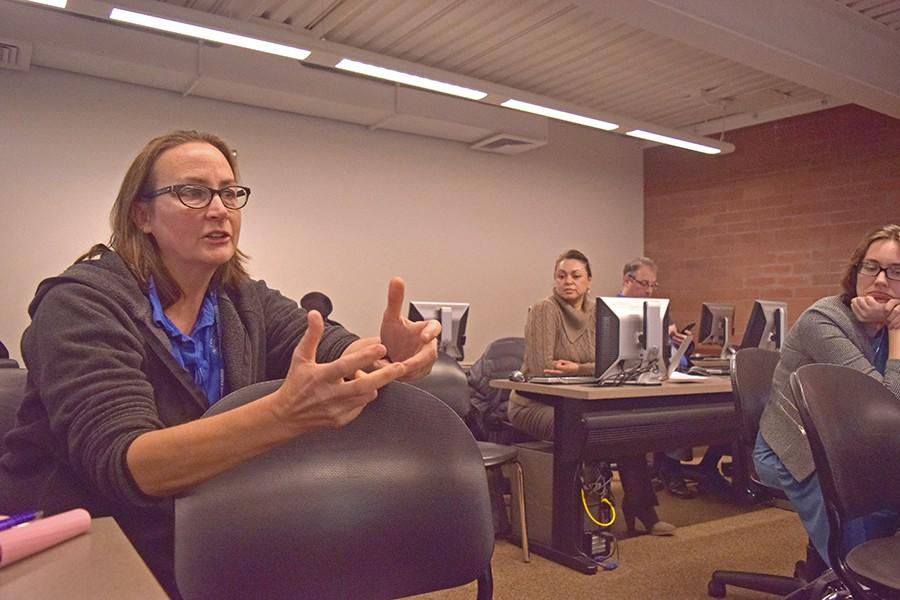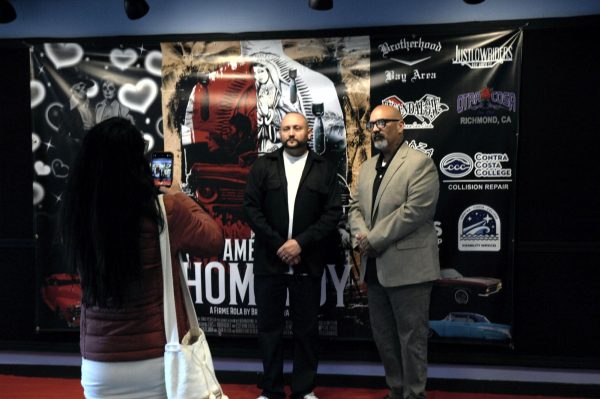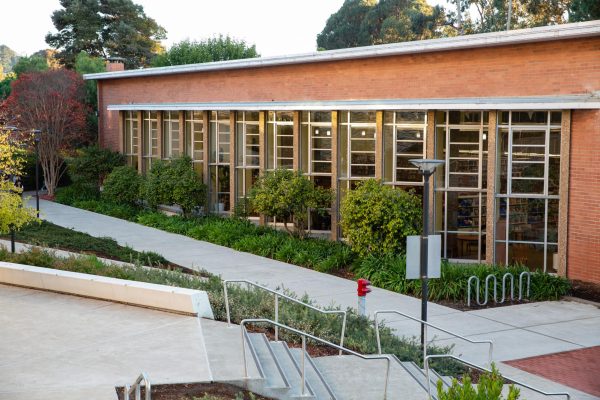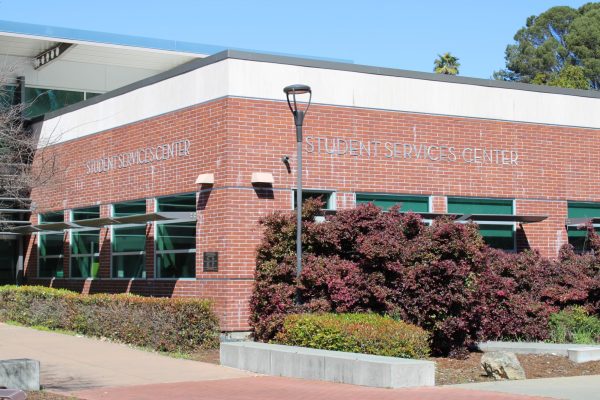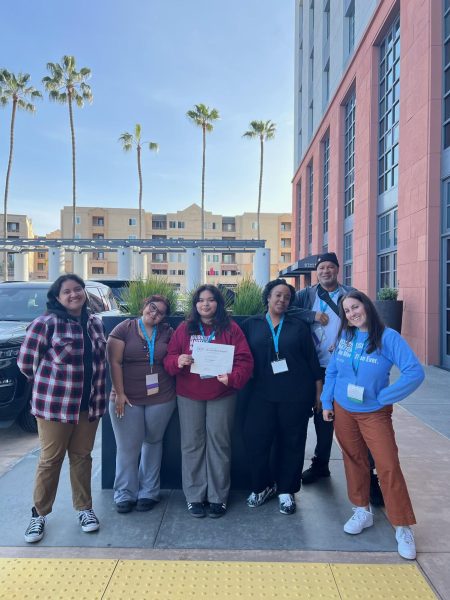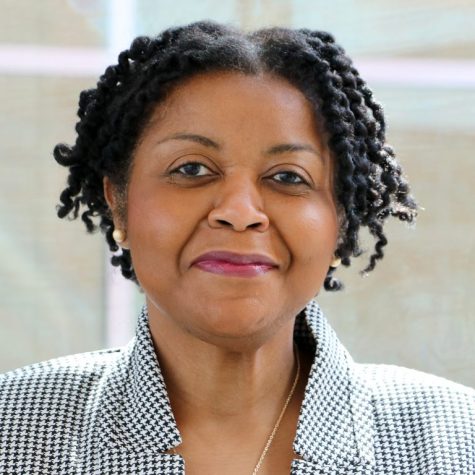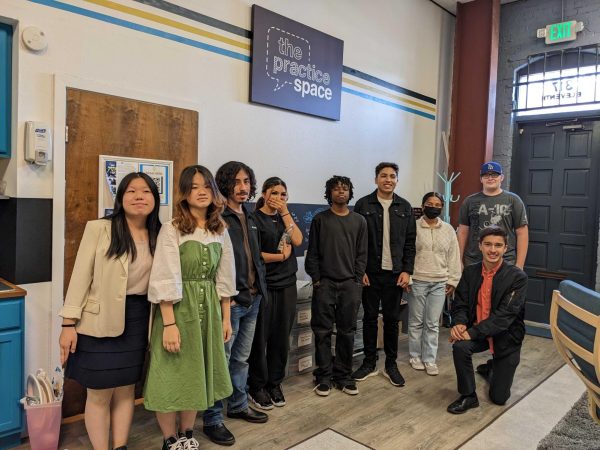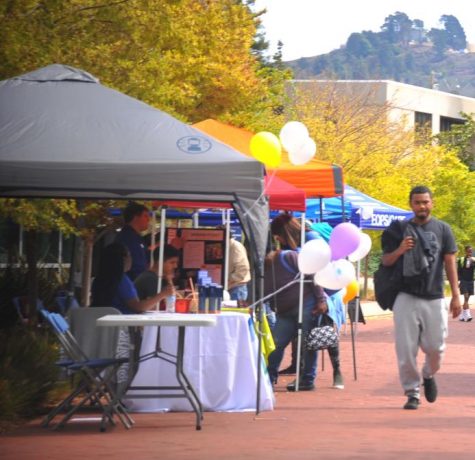Workshop unifies ideas, actions
Automotive Services department Chairperson Lucile Beatty speaks during the “Teaching Men of Color” workshop in LLRC-107 on March 7.
March 16, 2016
The faculty-lead flex workshop “Teaching Men of Color in the Community College” was held on March 7 from 1 to 3 p.m. in the LLRC-107.
The purpose of the workshop was to discuss ways to build links and develop changes within departments to better support student success on campus, and to generate interest for the entire faculty to participate in the five-day long workshop, “Teaching Community College Men of Color.”
The workshop was led by adjunct philosophy professor Kabir Asaud and philosophy professor Colleen Boyle.
Boyle said that she and Asaud, along with other professors, had the opportunity to participate in the workshop which was paid for through equity funding.
“This was a five-day course and it was about five hours a day. Through the workshop we learned key points such as student relationship building, intrusive intervention, building trust of mutual bonds and ways to support student success,” she said.
“Those who took the workshop (mainly professors from the philosophy department) thought it was very informational and interesting, so we got together and discussed ways to build the kind of support that was talked about in the workshops.”
“But we need the institutional support for everyone (faculty) to take the workshop,” Boyle said.
Asaud said that their goals and suggestions also fit in perfectly to support CCC’s goals developed in the CCC Equity Plan of 2014-15.
The Equity Plan shows that African-American students are ranked the lowest in successful course completion rates. African-American students, who have a 20 percent success rate in basic skills math courses, experience the greatest adverse impact.
Also, African-American students, who have a 22 percent completion rate in basic skills English courses experience the greatest inverse impact compared to the highest performing group.
“Because three of these indicators identified African-American students as the group experiencing the greatest adverse impacts, CCC would be remiss if it did not use equity funds to provide culturally appropriate support for this population,” Asaud said.
Professors who attended the workshop discussed ways to improve their relationships with students and strategies for the overall success of students.
“Just by doing something as simple as learning their names and learning how to pronounce them right can increase a student’s confidence. This strengthens the student professor relationships,” CCC’s Equity Plan Coordinator Mayra Padilla said.
Boyle said, “For now we’re just trying to get everyone excited about these ideas we have, we want to get the ball rolling in what can be something great for staff and students. (But) it’s going to take more than one workshop to make changes.”


